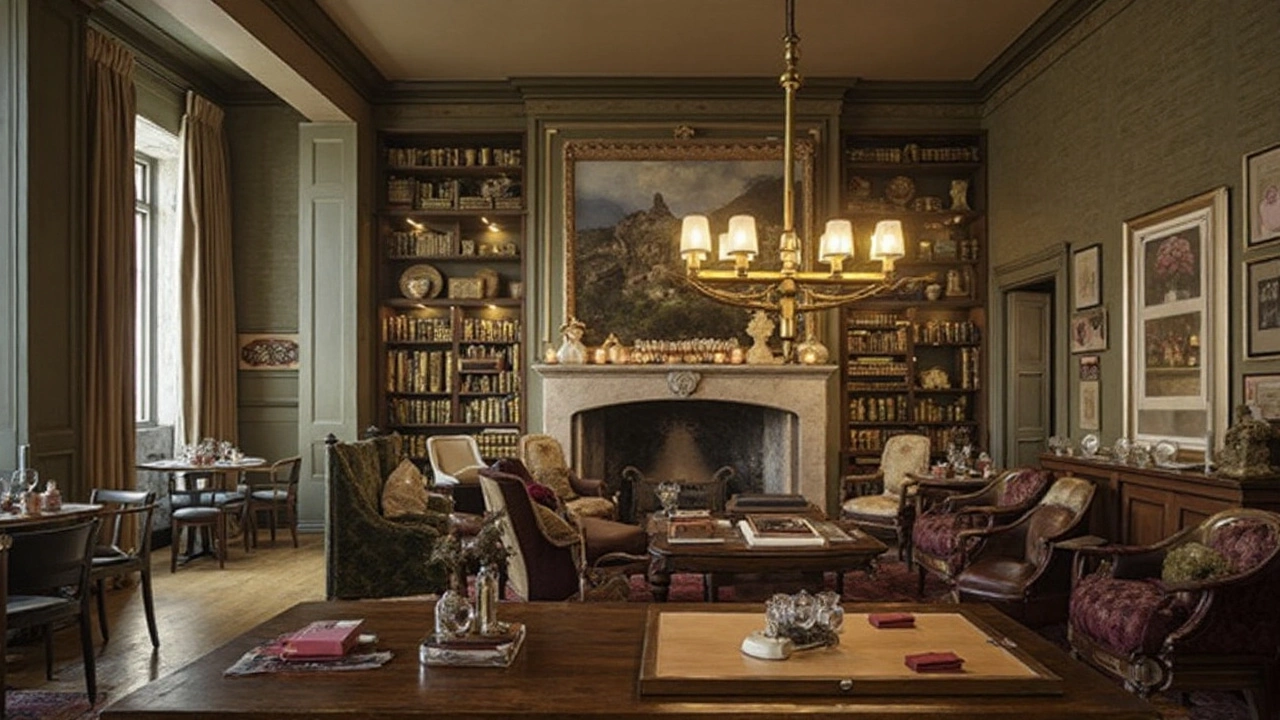Boutique Hotel Features: The Details That Matter
If you’re scrolling through endless hotel lists, the boutique options often catch your eye. They’re not just smaller; they offer a vibe you won’t get in a chain. Below we break down the most common features you’ll see, so you can pick a place that feels right for your trip.
Design and Personality
First off, boutique hotels usually have a strong design theme. Think original art, locally sourced furniture, and a color palette that reflects the town. You won’t find bland corridors – each floor often feels like a mini‑gallery. This design focus makes the stay feel personal rather than generic.
Because they’re smaller, owners can pay attention to details. A handcrafted welcome basket, a curated playlist in the lobby, or a rooftop garden can be part of the experience. These touches turn a simple night’s sleep into a memorable stay.
Service That Feels Personal
Staff at boutique hotels tend to know guests by name. When you ask for a local restaurant recommendation, they’ll give you a favorite spot instead of a generic list. This level of service comes from low staff‑to‑room ratios – usually between 8 and 30 rooms total.
Many boutique properties also offer flexible check‑in times, custom pillow menus, or even in‑room coffee makers that aren’t just a standard kettle. It’s about anticipating what you need before you ask.
Another feature that sets them apart is a focus on local culture. You might find a small shop selling crafts made by nearby artisans, or a weekly tasting of regional foods. The hotel becomes a mini‑tour of the area, not just a place to sleep.
When it comes to amenities, boutique hotels often pick quality over quantity. Instead of a huge pool, you might get a heated plunge tub or a small rooftop terrace with views. Spa services, yoga classes, or bike rentals are common, but they’re usually tailored to the location – think surf lessons on a coastal boutique or walking tours in a historic town.
Technology is there, but it doesn’t dominate. Fast Wi‑Fi, smart‑room controls, and keyless entry are standard, but they’re presented in a way that blends with the design, not sticks out like an afterthought.
Finally, pricing reflects the added value. You’ll pay a bit more than a budget chain, but less than a five‑star luxury hotel. The goal is to give you a unique experience without breaking the bank.
In short, boutique hotel features revolve around design, personal service, local flavor, and thoughtful amenities. When you look for a place that feels like a home away from home, keep these points in mind. They’ll help you find a stay that matches your style and makes every night count.
What Is a Boutique Hotel? Meaning, Features, and How to Choose
Plain-English explainer of boutique hotels: definition, what to expect, how to tell real boutiques from ‘lifestyle’ chains, with checklists, examples, and booking tips.
